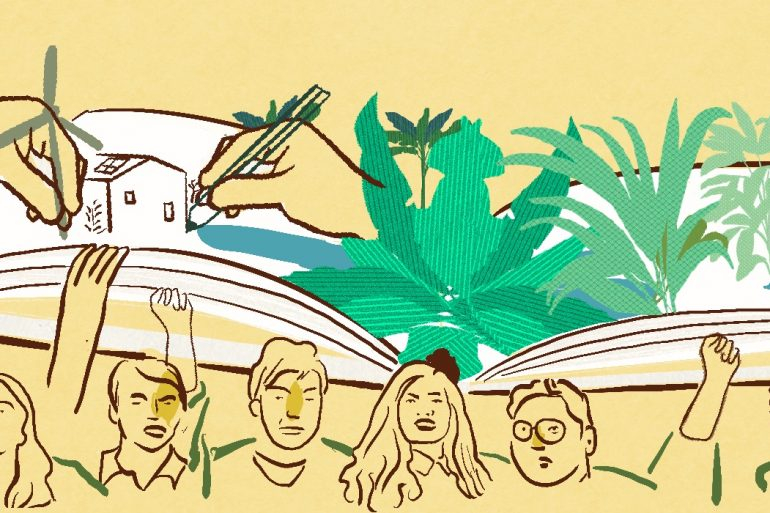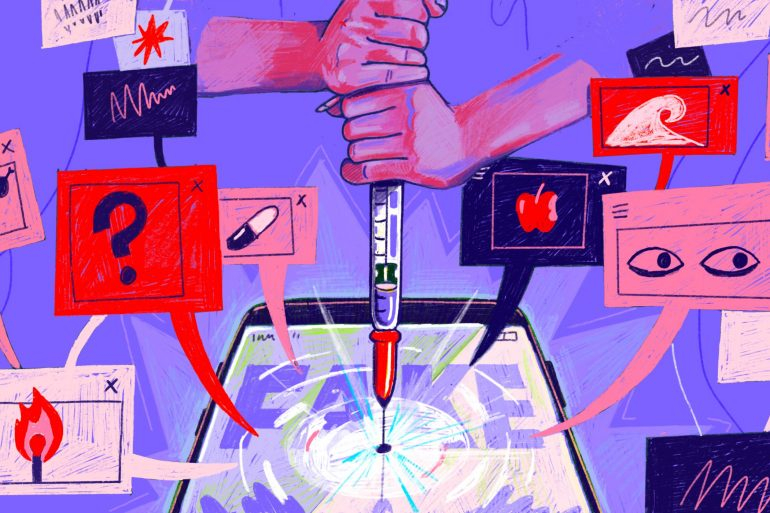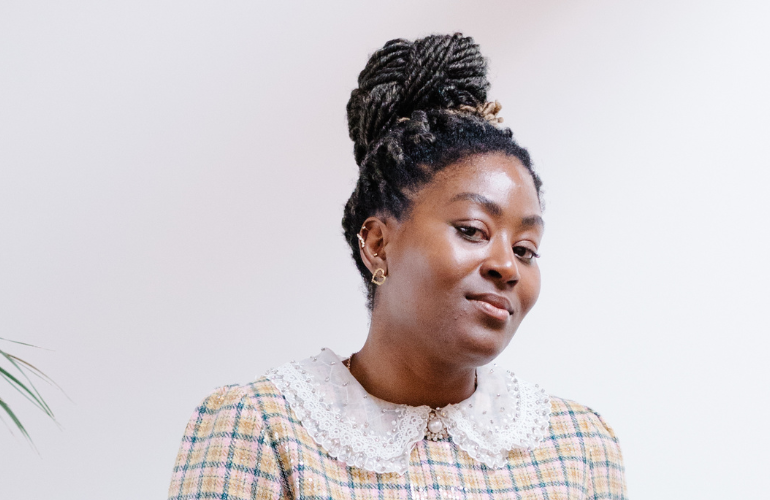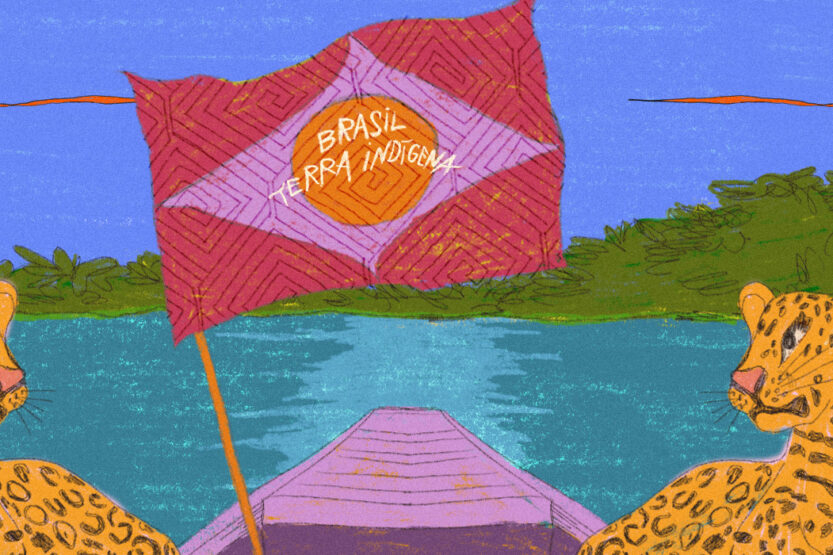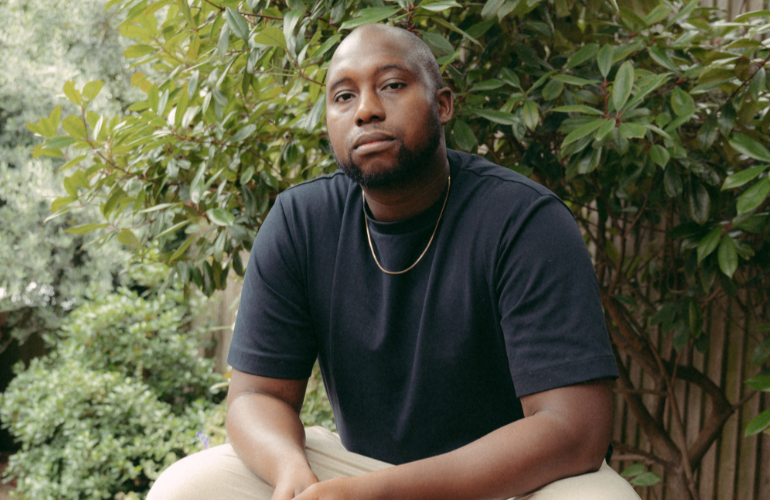Top surgery is a huge milestone in the lives of many trans men, trans mascs, nonbinary people, and even some gender non-conforming women. It dominates conversations about gender-affirmative surgeries both inside and outside the trans community, and in recent years many people getting top surgery, myself included, have giddily shared recovery timelines, surgeon reviews, and answered myriads of questions from people who are either considering it or curious about it.
The vast, vast majority of conversations, resources and content about top surgery is about the experience of the surgery itself. It’s comparatively rare that we see the effect that this surgery has on the life of the individual once recovery is over, past the triumphant topless selfies that almost all of us share at some point.
I have my theories about this: that perhaps the surgery itself is a spectacle that can be consumed as “inspiration porn” by trans and cisgender people alike; that when many of us have to fundraise thousands of pounds to get it, it means that we feel like we must then share the details of the surgery and recovery that people donated money to support; or that we fight so hard to jump through the hoops to get top surgery that we don’t spend much time thinking about what happens afterwards.
Whatever the reason, though, I can’t help but notice that there is nowhere near as much buzz about life after top surgery – the quiet contentment, the confidence, the embrace of who you can be once you don’t have to bind or make yourself small.
Amy Pennington’s debut film TOPS seeks to rectify this by asking four people who have had top surgery, “what top did you want to wear after top surgery?”
This focus on the after made me really excited to watch the documentary, as someone who had top surgery almost three years ago, and who also happened to buy a specific top to wear after top surgery.
TOPS follows an alter-ego version of Amy as they meet four potential friends who’ve had top surgery. Each of the interviewees – Maz, Yaz, Elliot and Oskar – are all very different and have different outlooks on gender, their bodies, and the ways they live their lives, and we learn a lot about them through the lens of which top they dreamed of wearing.
Amy meets their interviewees in their own non manicured, working-class homes, and explores their lives in the same chaotic, awkward, and hilarious way that British daytime TV did in the 1990s and early 2000s. As they say when we chat, this involved “going into people’s homes and nosing into them.” Amy just wanted to show trans people as they are.
They continue: “I wanted to make the stuff that I would have loved to have seen when I was 14. If I’d seen a show which went around different trans people’s houses, I would have been like, mind blown away!”
The documentary, for the most part, is improvised, and it ends up being a real celebration of trans masculinity and the campness, chaos and humour that I love about being around other trans and gender non-conforming people.
A particular moment that sticks out is Amy and their first interviewee Maz discussing a clearly fake tiger rug as if it were a real tiger skin. Amy, comically dismayed, looks at the camera as Maz casually states “and that’s its mother there on the sofa.”
Improvisation, Amy says, meant that those elements came out pretty naturally. “I was going to act out and play and I wanted them to be able to meet me,” they explain. ”The improvisation element helped with that and let people show the side they wanted to show.” It’s refreshing to see trans masculine people not feeling like they have to perform traditional masculinity, and instead playing with camp in some scenes and showing vulnerability in others.
As Amy declares during our chat: “we don’t have to be so binary with everything and we’re not so binary with everything, you know?” I do, and I’m so relieved that TOPS is coming out into the world and hopefully modelling a masculinities that not only makes trans and gender non-conforming people feel the kind of affirmation that Amy and I didn’t grow up with ourselves, but also shows our allies the full breadth of our humanity.
TOPS is a film about trans masculine people that feels like it is also for us in all our messy, varied, camp or vulnerable glory. It shows life post-surgery, where so much of our lives are spent waiting for the surgery itself. Amy and the interviewees, despite their differences, all talk about these similar feelings of rightness. “It really feels like me now, and it didn’t take that long to get used to at all. And I’ve found that everybody who I went and spoke to felt like that. Which was quite a beautiful thing, really,” Amy recalls, and I agree that that was my experience too.
So many people ask me who my surgeon was, whether I needed drains, why I didn’t go for nipple grafts, but no-one, not once, has asked me how my life is different now than it was before. And it is different. I remember walking around outside for the first time after recovery, and being a bit shocked by how right and how easy it felt. I was never particularly bothered by dysphoria, at least not consciously, but after surgery there was something so much lighter about being in public. I genuinely hadn’t realised how much tension I’d always carried before. I felt safer and more present.
To me, that is the miracle of transness: not the medical marvel of surgery, but the way that transition transforms our participation in the world. And like most trans mascs, the beginning of that new participation began with wearing that sacred, long awaited top.
What can you do?
- Speak to your local venue or film festival and ask them to screen TOPS!
- Follow Amy on Instagram to stay up to date with screenings of TOPS
Learn about trans masculinities:
- Read Why I Chose Non-Flat Top Surgery – & How It Changed My Life by TOPS cast member Yassine Senghor
- Read A Trans Man Walks Into A Gay Bar by Harry Nicholas
- Read Gender Explorers by Juno Roche
- Read more articles by Rudy HERE







